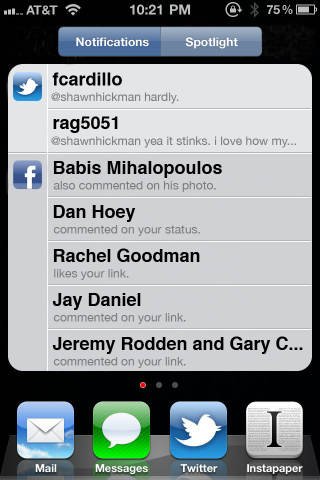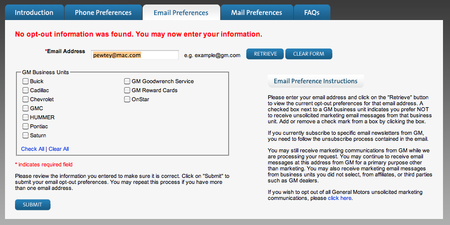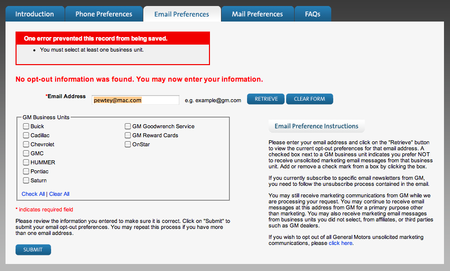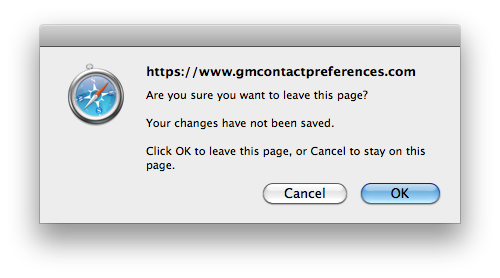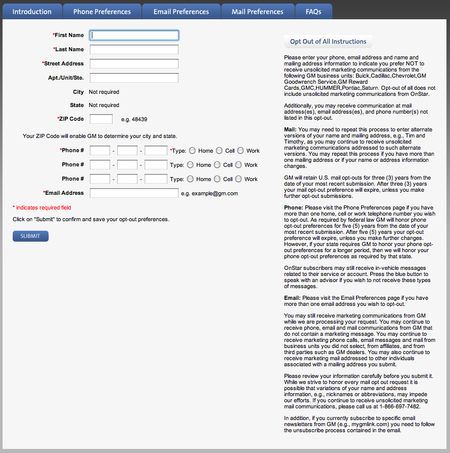Open, Shmopen
 29 March 2011
29 March 2011 Jim Dalrymple over at The Loop posted an article about the recent news that Google is not releasing the source code for the latest release of their Android operating system (Honeycomb), or at least not now.
Dalrymple writes:
Where are the mainstream press articles tearing Google up over this? While there are a few comments, many of the articles I’ve seen told Google’s story and stopped there.
Can you imagine if it were Apple delaying a software release. What would the press say if Apple admitted it took shortcuts with its OS to keep up with Google and now they couldn’t release it? The press would have a field day with that story.
Here's why people aren't more up in arms about this: most people don't really give a shit about openness, because openness doesn't represent a tangible advantage—only a theoretical one.
You hear it in the tech news all the time because it's the biggest difference between two operating systems that are actually quite similar (whether that's because Google copied Apple or what-have-you is a topic for a separate debate). There are perhaps a few examples where the actual user experience on Android is unequivocally better than iOS (notifications for one, Amazon mp3 Store/Cloud Drive for another), but in most cases the "advantages" you hear about which Android has over iOS are: a wider variety of apps (those that Apple won't allow), the ability to customize to your heart's content, and the fact that it's "open".1
But none of these things are actual improvements to the user experience. They are theoretical improvements—they represent improvement potential. As the theory goes: give people the tools to do whatever they want, and someone will do something truly great. And it's true that Android has the theoretical potential to outclass iOS in just about every way. But it doesn't seem to be happening.
So, what have we seen so far with Android being "open" and customizable with a wide-open App Store? Malware, lower-quality apps (for the most part) subsidized with ads, bloatware, restricted features and updates because carriers can lock things down any way they want.
The next time you hear someone saying Android is better because it's open, or because Google allows any app in their store, or because you can customize the OS, ask if they like crackers with their red herring. Let's stop talking about the potential for greatness and start talking about how each operating system actually performs in the real world. When the actual experience of Android outclasses iOS, I'll be right there to acknowledge it.
Again: why aren't people more up in arms about Google not releasing the Honeycomb source code? Because the loss of potential advantages is not really a loss if such advantages have yet to be realized. Pundits are very good at pointing out differences between feature lists. What most of them are very bad at doing is providing comparable feature lists in the first place (user experience, ease of use, etc. are almost universally forgotten in lieu of CPU, storage, memory, number of cameras, and other quantitative measures).
So while it's true that Android has been open sourced until Honeycomb, the loss of such freedom can until this point only be seen as a GOOD thing, given that most of what has come of the OS being open sourced thus far has been detrimental to the overall Android experience.
There will always be those who insist that open is better, but what they are hoping for is some mythical über-experience just waiting to be unlocked. But until that utopia is realized on Android, don't expect there to be much protesting.2
1The word "open" is in quotes because there is debate over what the term even means. For practical purposes, open in this sense means that the source code is freely available and anyone is able to take it and tweak it to make their own versions or to change certain components they may not like. ←
2There are people who prefer an open platform because they have the skills to customize the experience, but these people are a decided minority and thus are not creating such an uproar as Dalrymple suggests would happen if Apple failed to open source iOS after promising to do so. ←

